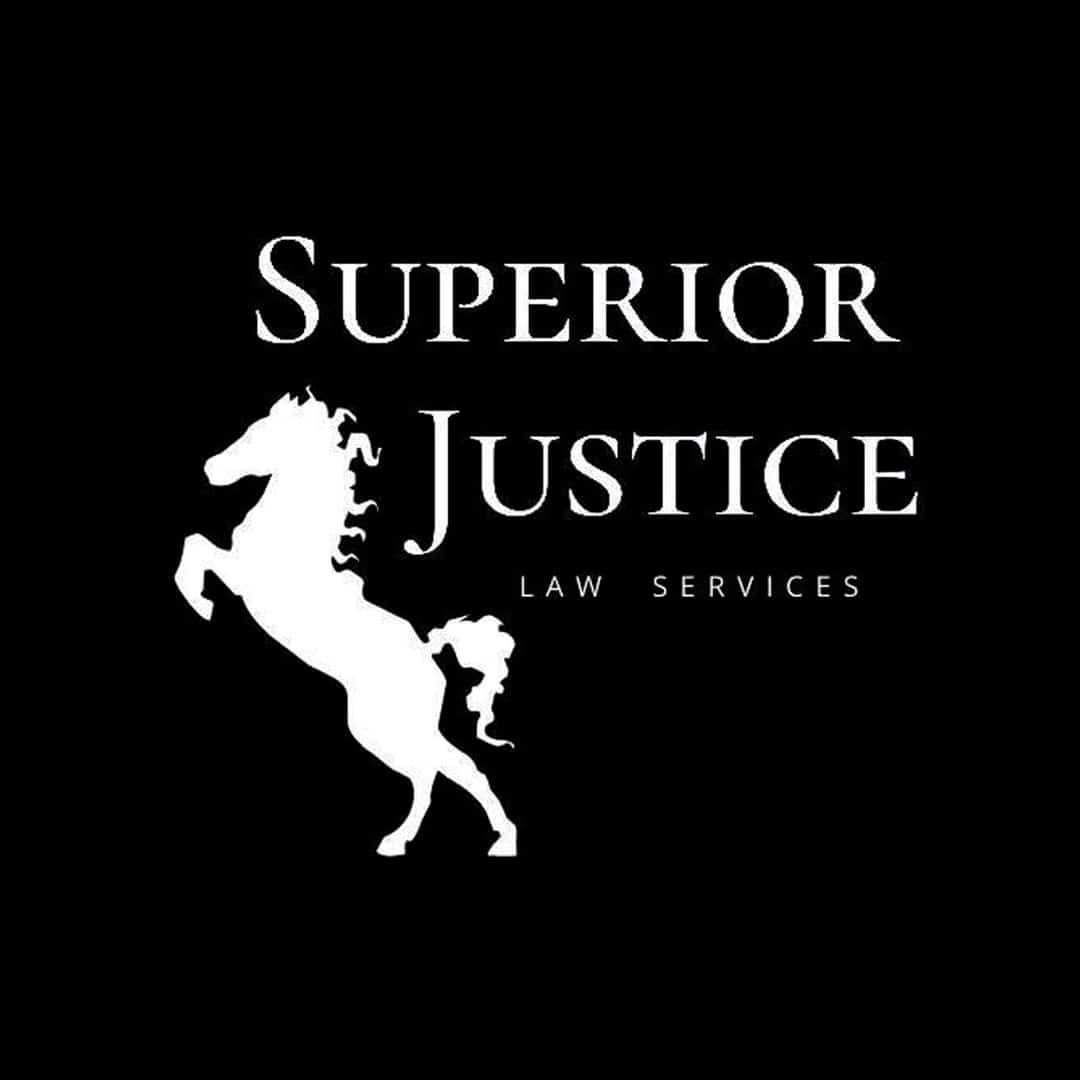Are there consequences for “claiming to be a U.S. citizen without being a U.S. citizen”? We tell you all about it, what you should and should not do. Of course, we will also talk about the consequences.
The consequences of claiming to be a U.S. citizen without being one are serious and can result in jail time, fines, or deportation. If you have been accused of this crime by the USCIS, it is important that you speak to an immigration lawyer about your situation as soon as possible so they can help defend your rights. This article will discuss what us citizenship entails and provide examples of the consequences for those who falsely claim it on their passport application or other documentations.
Are you a legal U.S. citizen?
If you are not, do not make the mistake of claiming to be. You can always obtain U.S. citizenship through different avenues if it is something you are interested in.
People who falsely claim U.S. citizenship face more than just punishment from law enforcement; they also risk deportation and other legal repercussions that could have serious consequences down the road. Last year alone there were more than 650 people deported for these types of offenses, so it is important to understand what constitutes U.S. citizenship before making any false statements about your own status, as well as how these offenses are prosecuted through the criminal justice system.
What claims make you a target for deportation?
The most common false claims that someone is a U.S. citizen occur in the following circumstances:
- Registering to vote in a local, state, or federal election.
- Claiming to be a “U.S. citizen” on an I-9 employment qualification verification form.
- On a student loan application.
- When attempting to obtain a U.S. passport.
- Declaring that you are a U.S. citizen to obtain any other benefit for which U.S. citizenship is required.
Exceptions to being found guilty of lying about your citizenship.
The Child Citizenship Act of 2000 changed the rules about who can acquire or derive U.S. citizenship from their parents. While many people benefited from this law, others mistakenly assumed that they are U.S. citizens.
To address this problem, Congress included an exception in the law that prevents the deportation of children who make false claims of citizenship in the following circumstances:
- The child’s parents were U.S. citizens by birth or naturalization.
- The child claimed to be a citizen when he or she was under the age of 18.
- The child was a permanent resident of the U.S. before age 16.
- The child thought for various reasons, by making a false claim of citizenship, that he or she was actually a U.S. citizen.
There is another exception to deportation for false claims if the act was done before September 30, 1996, which is the date on which the law was signed that made the penalty effective for claiming to be a citizen when he or she was not.
In addition, individuals who have overstayed their visa or who have never had lawful status in the United States and made false statements at border crossings and immigration checkpoints at various airports have the option to voluntarily retract their statements before they are uncovered. This will give them an opportunity for an immigration judge to analyze their case and release them from punishment.
It should be noted that recanting does not guarantee that you will not be prosecuted for breaking the law by claiming to be a U.S. citizen in any of the above cases, since, due to the different current policies, very few known cases have received a pardon.




